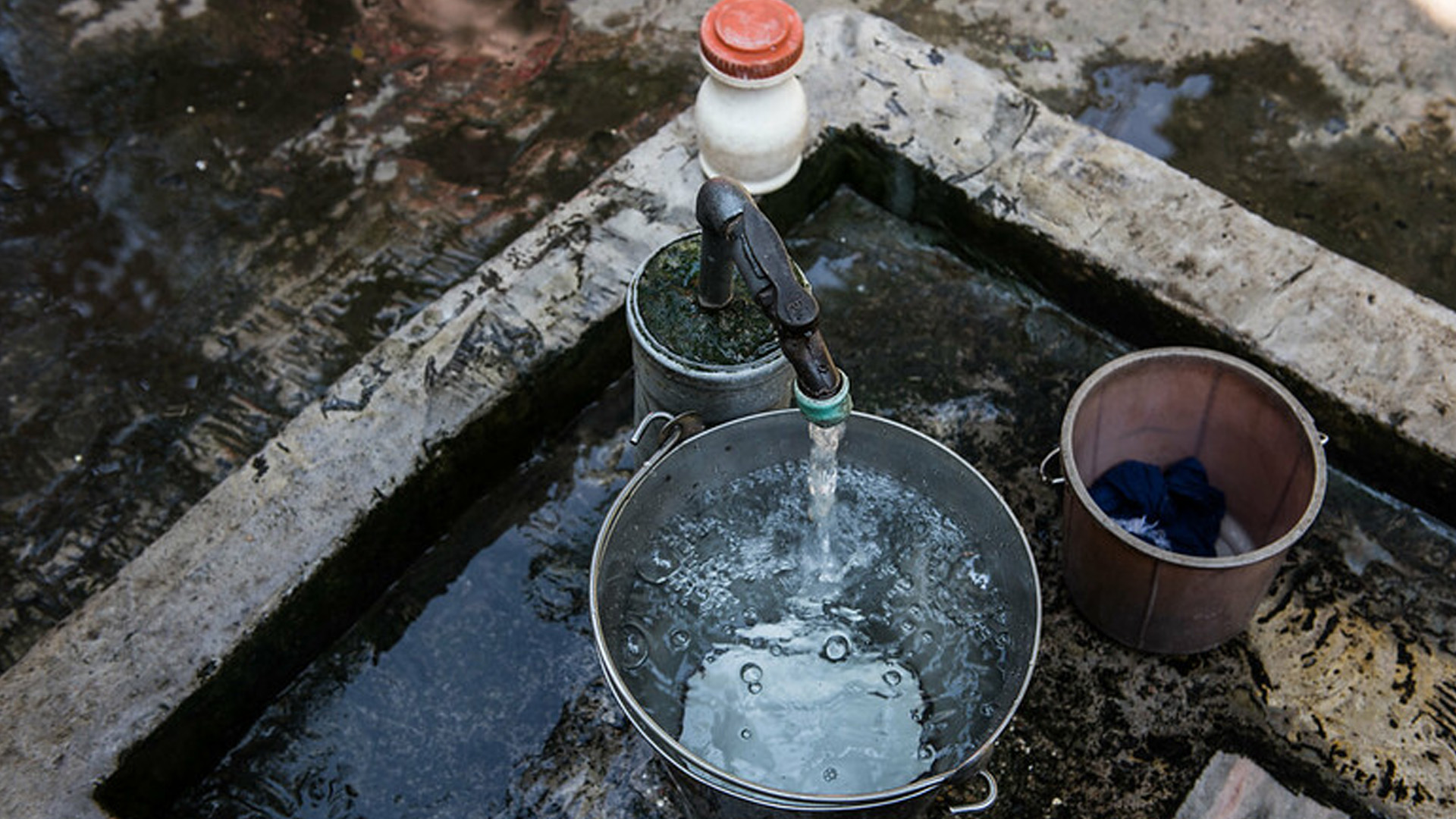Clean and Stable Water for Dhaka
Colliding Factors
While the right to safe water is universal, access to it, as in the case of Bangladesh, does not necessarily come as easy. In Dhaka, with its population multiplying rapidly at 3% annually, striking a balance between the city’s water sources and the needs of its more than 20 million—and growing—inhabitants is a challenge.
The city currently relies heavily on groundwater to supply water to the population. As extraction escalated to meet demand, the groundwater was seriously depleted. As a result, the water level has been declining by 2–3 meters per year. The groundwater is projected to further decline by 5 meters annually by 2030, which could spell a problem on two fronts: potential disasters through flooding and water shortage.
“The groundwater depletion could potentially lead to widespread land subsidence, which, combined with climate change, could lead to floods in wider areas. To add to this, there is a severe shortfall in safe drinking water for the people of Dhaka,” said Momoko Tada, senior urban development specialist and project officer at ADB. “This is a game changing project to help deliver clean water to Dhaka.”
Linking Dhaka to Clean Water
To ease the pressure of sourcing water from the ground, the Dhaka Water Supply and Sewerage Authority (DWASA), which supplies water to 20 million Dhaka inhabitants, plans to increase the amount of water it distributes from surface water resources—from the current 22% to 70%. Unfortunately, the existing source of surface water, such as rivers and ponds inside Dhaka, is polluted, and it is increasingly challenging to produce water of acceptable quality.
Aiming to ensure water security for Dhaka, DWASA also plans to expand its service coverage to about 29 million customers by 2035. This requires significant capital investments to increase supply while ensuring long-term water security.
In 2013, ADB and its financing partners, Agence Française de Développement and European Investment Bank, funded the Dhaka Environmentally Sustainable Water Supply Project. This project aims to provide a more reliable and secure water supply in Dhaka by developing a new surface water supply scheme and improving the existing distribution network.
This is a game changing project to help deliver clean water to Dhaka.
– Momoko Nitta (Tada), ADB senior urban development specialist and project officer
Aiming to improve access to and quality of water supplied in Dhaka, the project has three main goals. First, a new surface water supply system will be developed. To do this, a raw water intake is being constructed at Meghna River, about 30 kilometers (km) east of Dhaka, with structures and a pumping station capable of providing 1,050 million liters a day (MLD) of raw water.
Meghna River has water of good quality and ample quantity, even during the dry season. Part of the system being developed is a 22 km raw water transmission line, a water treatment plant at Gandharbpur with a 500 MLD production capacity, a 14 km treated water transmission line, and a 23 km primary distribution line.
Second, the project will strengthen the water distribution network. This output also contributes to Dhaka’s ongoing efforts toward nonrevenue water reduction. Nonrevenue water is the difference between the amount of water in the distribution system and the amount billed to customers. New water connections at household levels will be provided in low-income communities, and public awareness-raising activities will be conducted to promote water conservation and understanding of billing systems. At the same time, feasibility studies will be undertaken for distribution network improvements in other densely populated zones to complete the distribution network improvement.
Third, the project aims to strengthen project management. Specifically, a project management team is on board to ensure smooth implementation, operation, and maintenance of the first and second project outputs; and additional teams from nongovernment organization partners will help facilitate the resettlement plans and awareness-raising in the communities.
Results So Far
A new surface water supply system has been developed and, as of early 2022, 56% of the design and construction of what is considered package 1 has been completed. Package 1, the largest package of the project, includes the facilities for water intake from the Meghna River, raw water transmission line, and a water treatment plant.
The contracts for the water transmission line and the primary distribution line were awarded to contractors in mid-2021. The improvement of the existing distribution network was completed in July 2021 and has exceeded the 376 km target for improved distribution by about 120 km.
Project Details
Dhaka Environmentally Sustainable Water Supply Project
Cost
$675 million
- ADB Resources $250 million
- Government of Bangladesh $225 million
Cofinancing Partners
- Agence Française de Développement (Loan) $64 million
- European Investment Bank (Loan) $136 million
Dates
Approval Date 22 October 2013
Signing Date 24 April 2014
Completion Date September 2025



